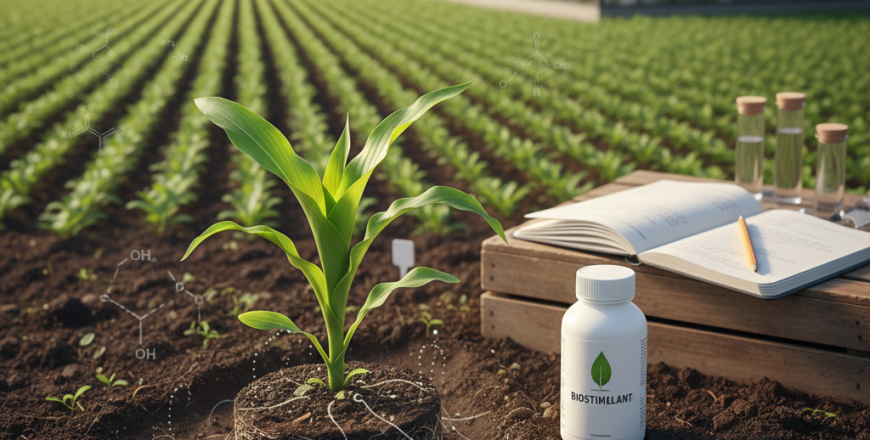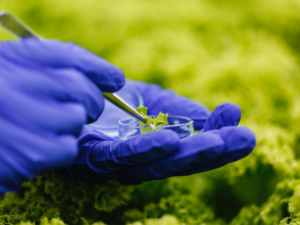0
0 reviews
Biostimulants 301: From Discovery to Market
The course will be of especial value for specialists involved in agronomy, plant science, research and development, product management, and ...
agricultural innovation, wishing to enhance their knowledge and deploy biostimulant-based solutions for modern agriculture.
Show more
- Description
- Curriculum
- Reviews
The module was designed to be both a broad introduction and an in-depth exploration of biostimulants of plant origin, categories, functionalities, and applications. Participants will be able to:
- Refresh their background on plant biostimulants: what they are, mode of action, and the different types available, such as humic substances, protein hydrolysates, seaweed extracts, silicon-based, and microbial biostimulants (like arbuscular mycorrhizal fungi)
- Recent scientific finding and progress on the research in biostimulants
- It provides an understanding of how biostimulants fit within crop production systems, including practical information related to methods of application, dosage, and timing
- Learn how biostimulants contribute to crops’ responses against major abiotic stresses, such as drought and soil alkalinity, focusing on tomato cultivation as a model crop
- Understand how protein hydrolysates of plant origin could act as sustainable alternatives to synthetic fertilizers and how multi-omics and high-throughput phenotyping platforms are being applied to assess the efficacy of these biostimulants
- Take a critical look at the current trends and innovations in the subject, from life cycle assessment to partial budget analysis, including biostimulant effects on nutrient use efficiency, stress tolerance, and quality in key crops, such as tomato, leafy vegetables, and microgreens
What will you take away?
The module provides the participants both with scientific and practical knowledge on plant biostimulants. At the end of the training course, the attendees will be able to:
- Learn to identify, evaluate, and apply various biostimulant products effectively in agricultural systems
- Integrate new biostimulant technologies and sustainability strategies into research and farming practices
- Understand state-of-the-art testing methodologies and analytical approaches employed for the assessment of biostimulants
- Leverage high-value insights to drive up crop performance, mitigate environmental stress impacts, and contribute to sustainable production
- Learn to develop criteria for selecting the best performing fungi based on infectivity and efficiency for different crops and explore practical applications for enhancing plant growth and nutrient uptake.
- Explore how plant-derived protein hydrolysates can positively influence plant morphophysiological traits, examined through advanced multi-omics approaches such as phenotyping and metabolomics.
The course will be of especial value for specialists involved in agronomy, plant science, research and development, product management, and agricultural innovation, wishing to enhance their knowledge and deploy biostimulant-based solutions for modern agriculture.
Please, login to leave a review

Share
Course details
Level
Advanced




